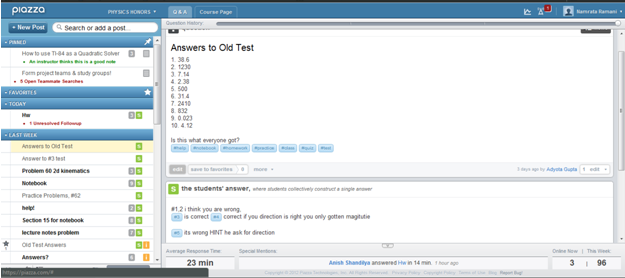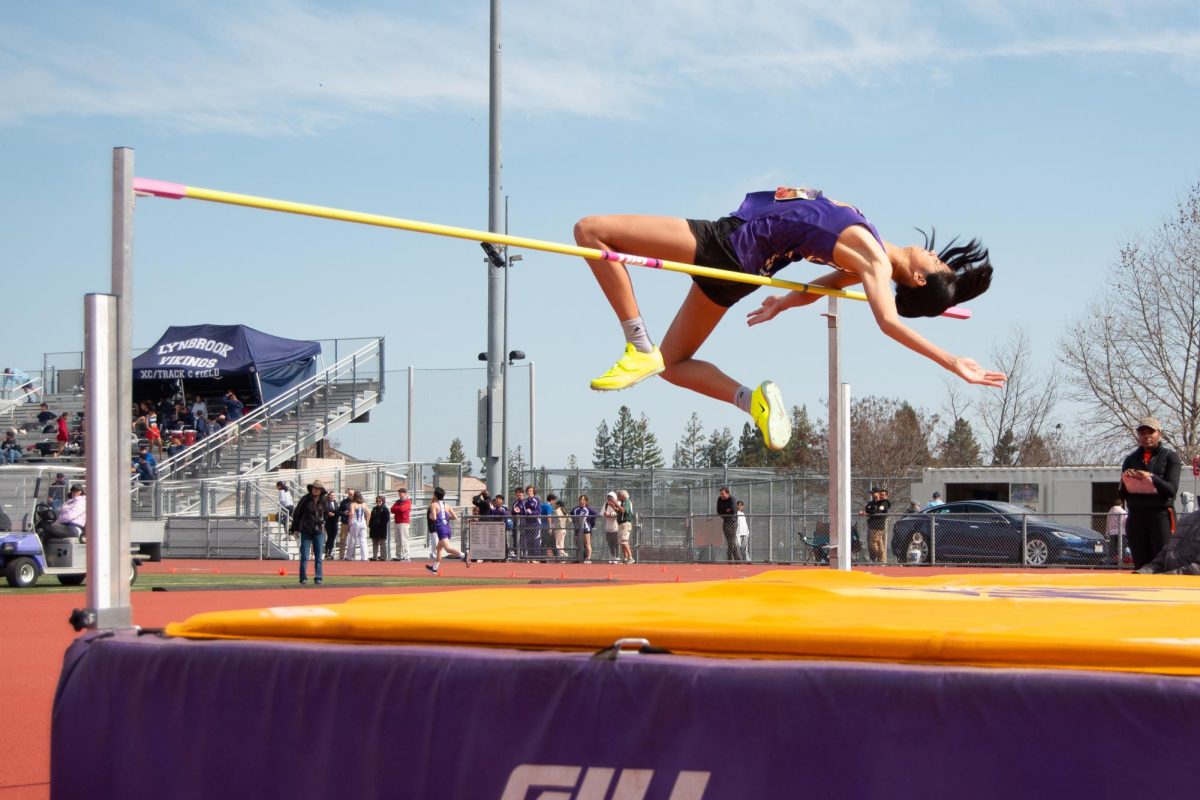It’s the perfect example of what could be classified as a “first world problem”: a Physics Honors student participates in a lab, garnering 112 numbers and 28 data points in 30 seconds and complaining because the new technology in the lab is too efficient, explained physics teacher Jim Birdsong. With the recent incorporation of online resources into MVHS curriculum, technology is rapidly making its way into classroom education.
Although technology may produce too much information for physics labs, it will continue to be used in the physics department.
“We can’t use 19th century stuff to teach 21st century kids,” Birdsong said of the change.
Both administration and teachers have expressed the benefits of expanding the role of technology in the classroom. Birdsong’s Physics Honors students have recently incorporated an online textbook made available for free use by Rice University called the OpenStax College textbook into their curriculum to be downloaded onto their phones or computers at home. Tutorials that cannot be performed in the classroom can be viewed online through a simulation software called “Explorations of Physics”, which is installed on each student’s home computer.

Screenshot taken by Namrata Ramani
Current Physics Honors senior Calley Wang finds the animations that complement the online textbook useful, since he can utilize them to visualize concepts explained in the book. He believes that technology in the classroom is what a student makes of it.
“As long as the purpose is not just technology for the sake of having technology, and the teacher comes with a clear and direct use for it, and it minimizes distractions, then I’m all for it,” Wang said.
Chemistry AP teacher Kavita Gupta has also recently started incorporating Facebook in her class, hoping to decrease the communication gap between her and her students. Her Facebook group provides students with the ability to ask their peers and herself questions pertaining to their homework or labs, granting quick access to the answers they need.
“I wanted to create a collaborative community of learners, where students go to help each other, to seek answers, to go that extra mile… and Facebook is a tab that’s always open when [students are] doing their homework,” Gupta said.
Due to the time consuming aspects of Facebook, Birdsong is still waiting for feedback on how it has enhanced Gupta’s teaching experience to see whether or not he should incorporate it into his class. When asked about whether technological resources will substitute for the material learned in class, the longtime physics teacher laughs.
“I kind of think that what I do in class is special enough that you wouldn’t find it online,” he said.














